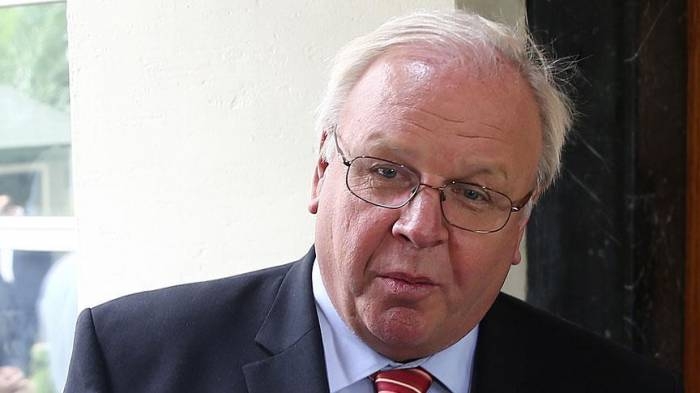Berlin previously allowed a march to be held under a slogan bearing the name of the imprisoned leader of the PKK, despite the German Interior Ministry having passed a ban on the brandishing of 33 symbols linked to the PKK in March, including the PKK flag and photos of Öcalan.
The PKK has long enjoyed relative freedom in European cities and has a particularly strong presence in Germany. PKK supporters have been allowed to hold rallies, recruit militants and collect funds in Germany and several other European countries, including Belgium, the Netherlands and Switzerland, where their terrorist activities are met with support.
According to a recent report from the German Interior Ministry in 2016, crimes committed by PKK followers in Germany increased by a staggering 97.6 percent, with 1,597 cases reported. Many of the incidents involved PKK followers violating demonstration and assembly laws, the report noted.
Ankara has long criticized what it calls Germany's indifference to the activities of various terrorist groups within its borders. Although Berlin outlawed the PKK in 1993, authorities have been reluctant to take strong measures against the organization's activities, ignoring repeated warnings from Ankara.
According to Germany's domestic intelligence agency, the Federal Office for the Protection of the Constitution (BfV), the PKK has nearly 14,000 followers among the ethnic Kurdish population in Germany.
More about: #Turkey-Germany
















































